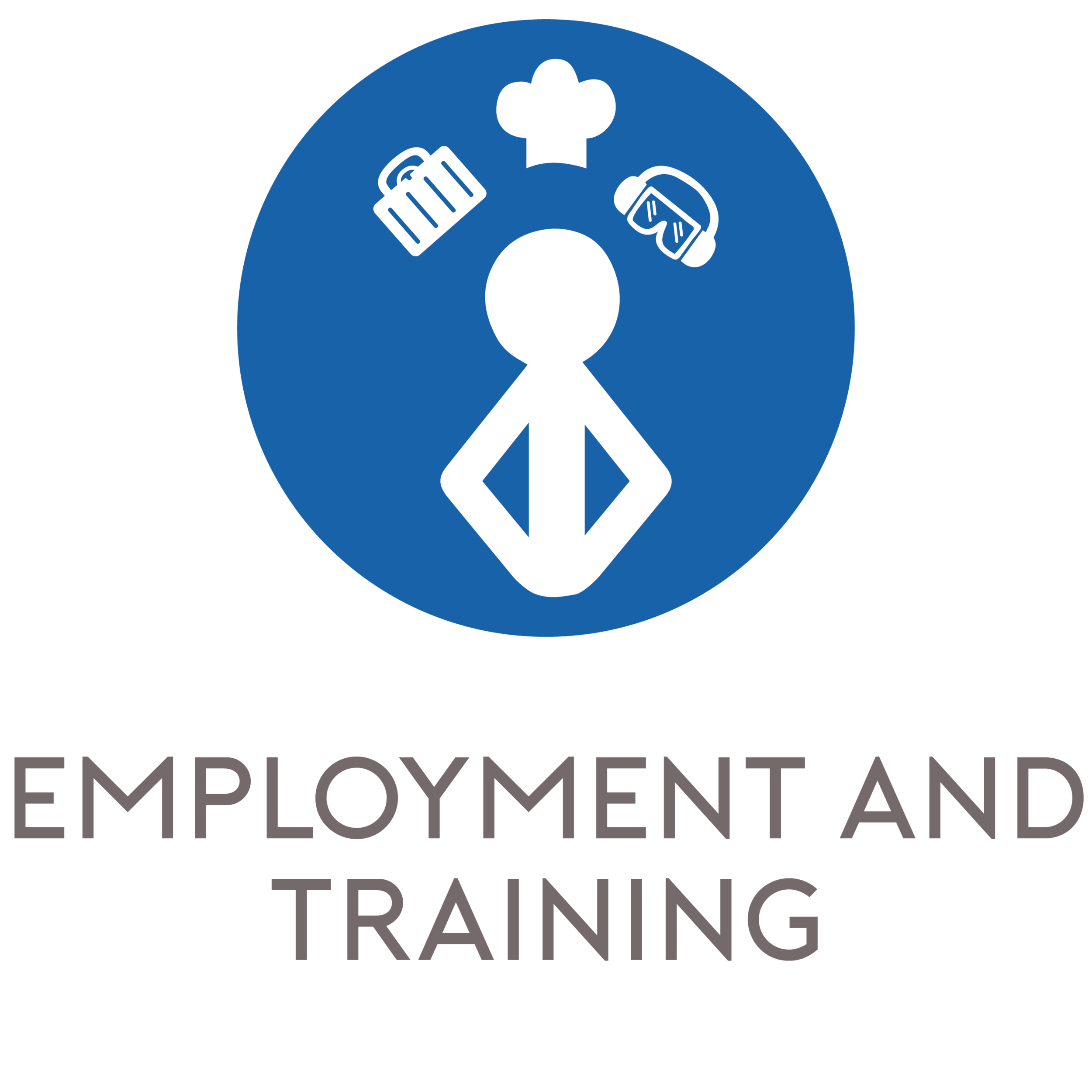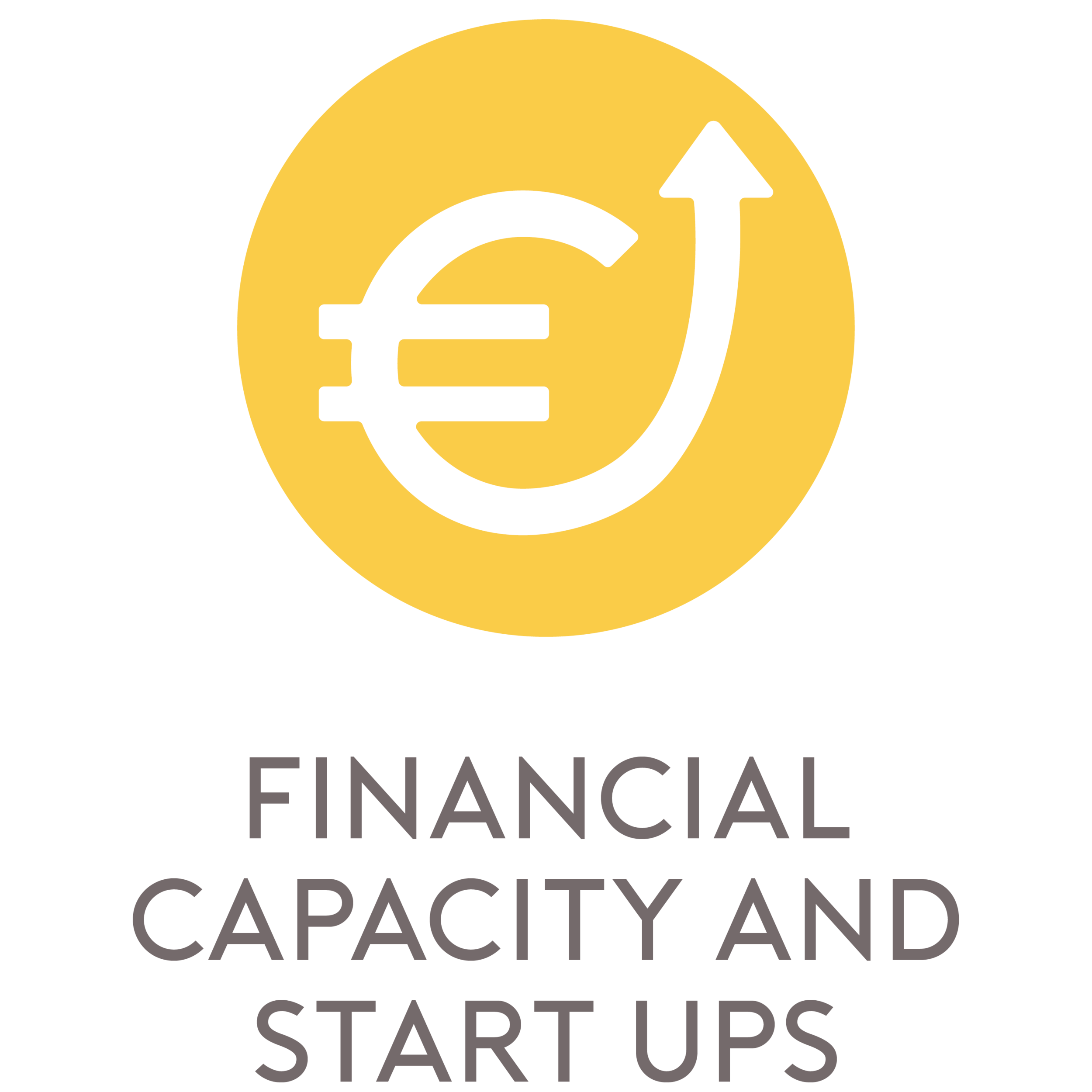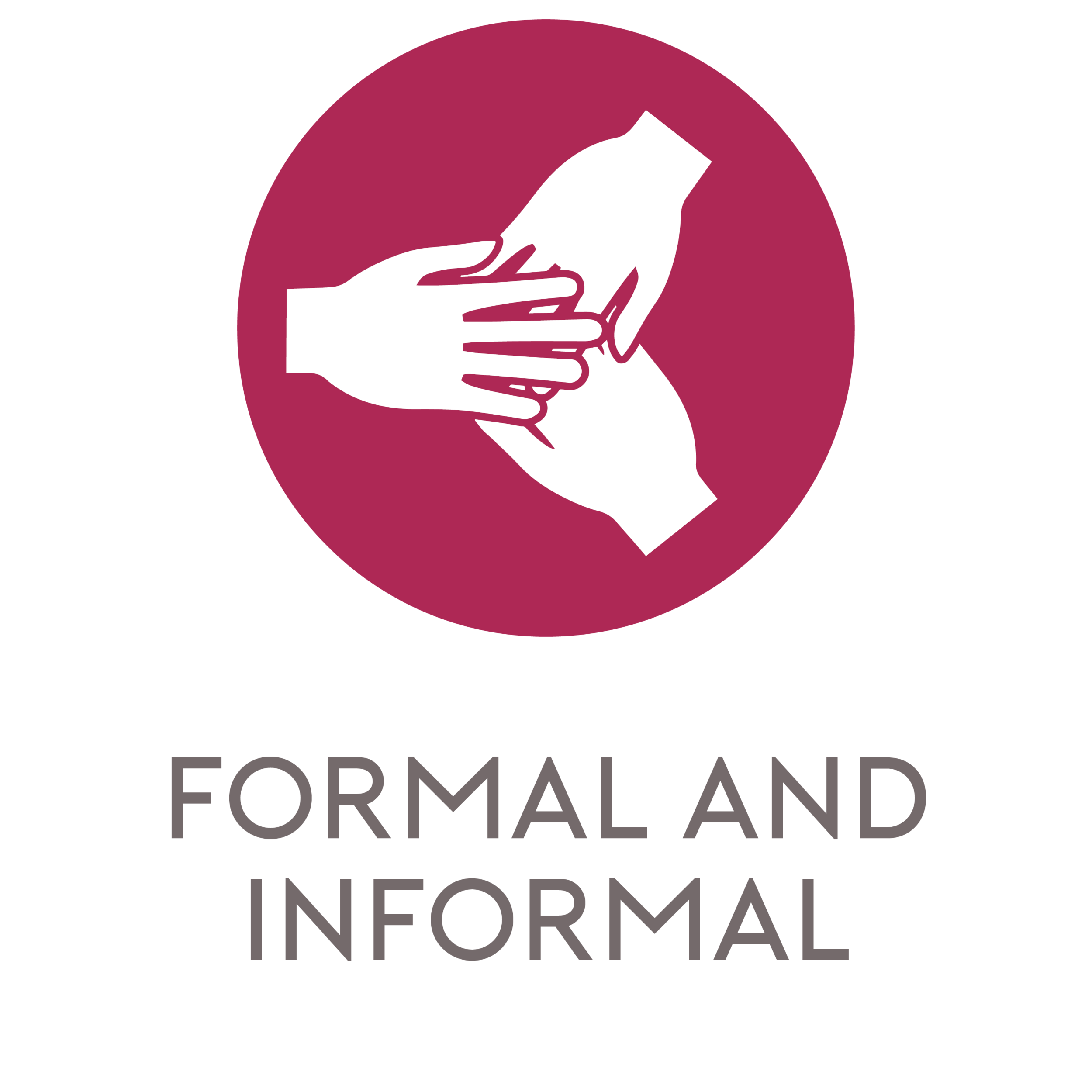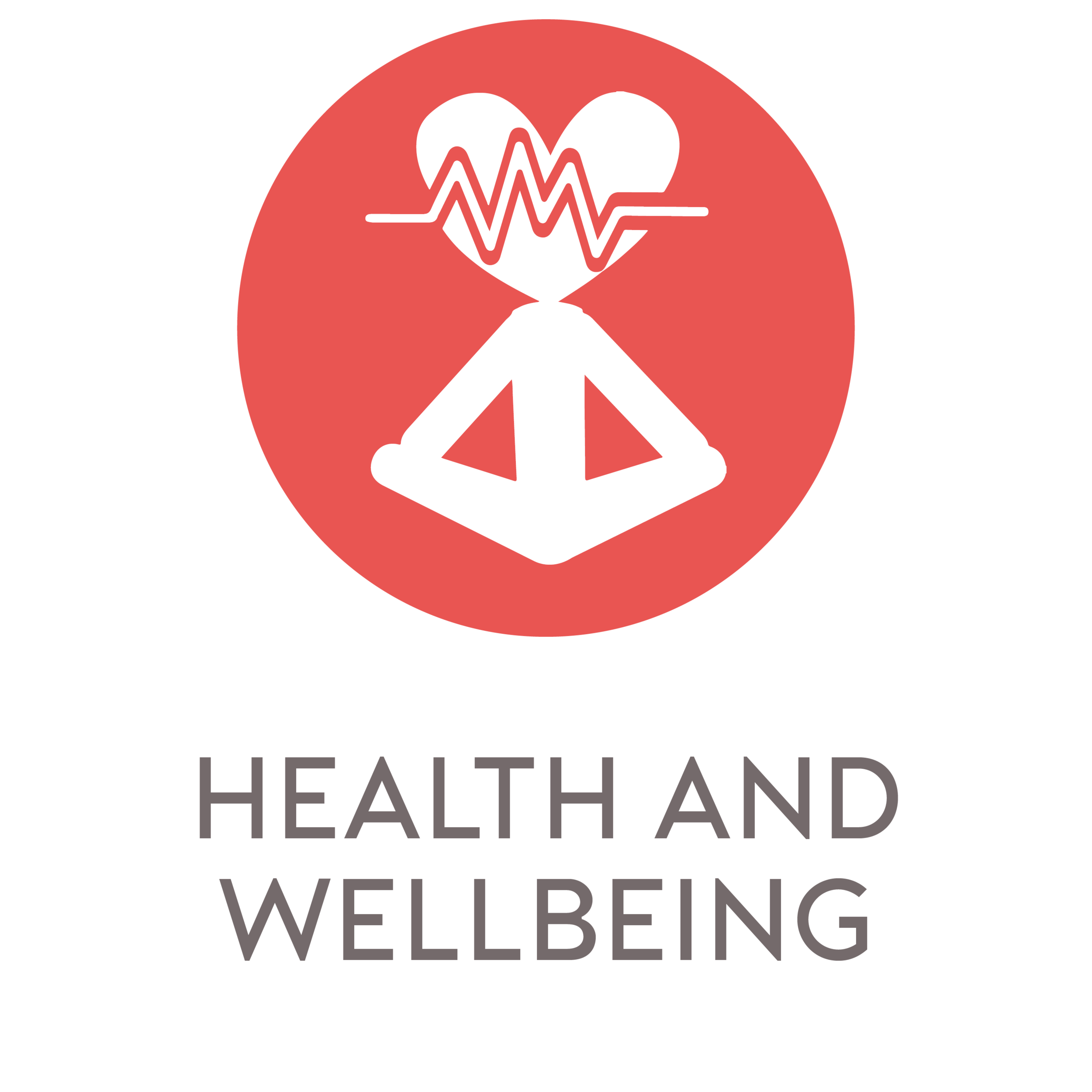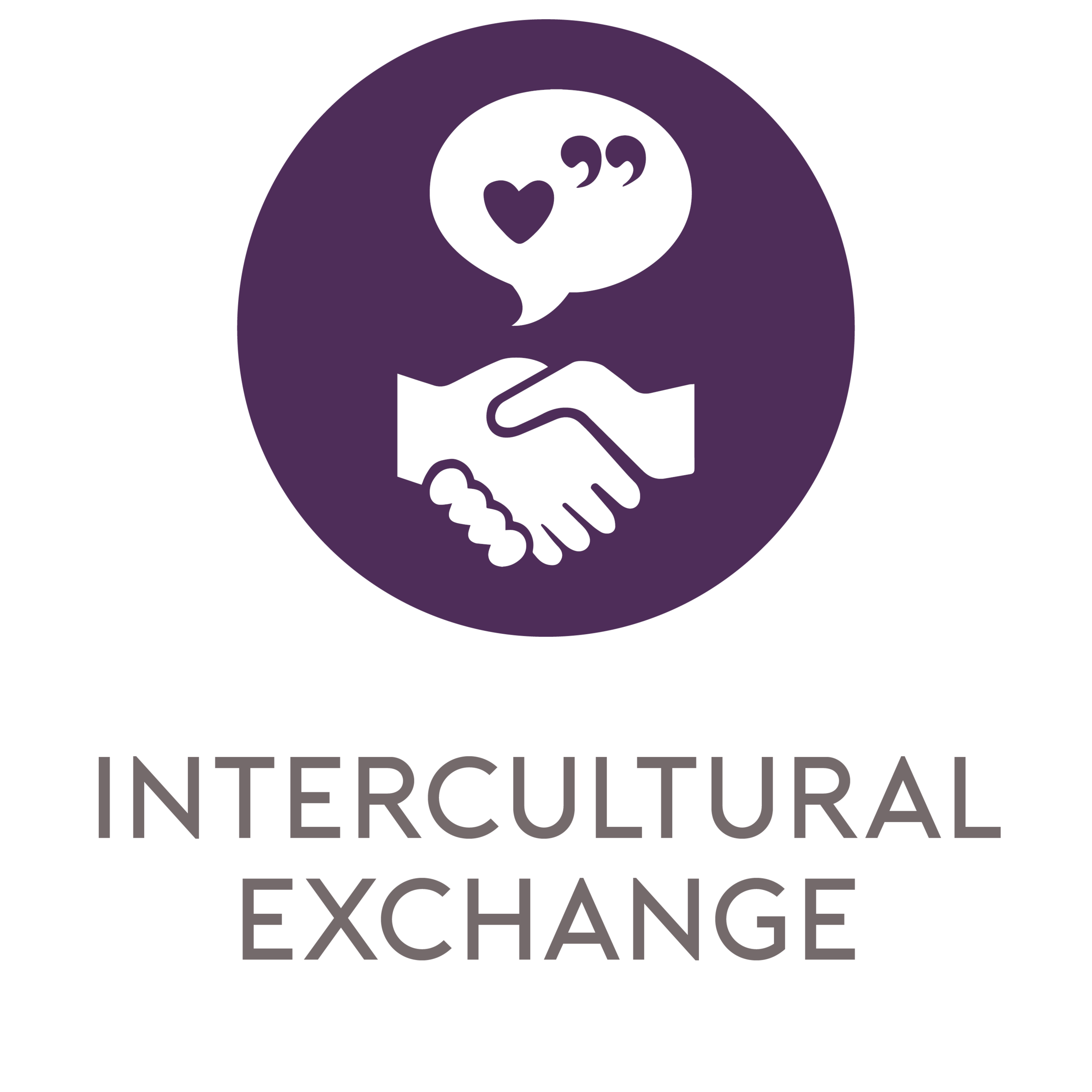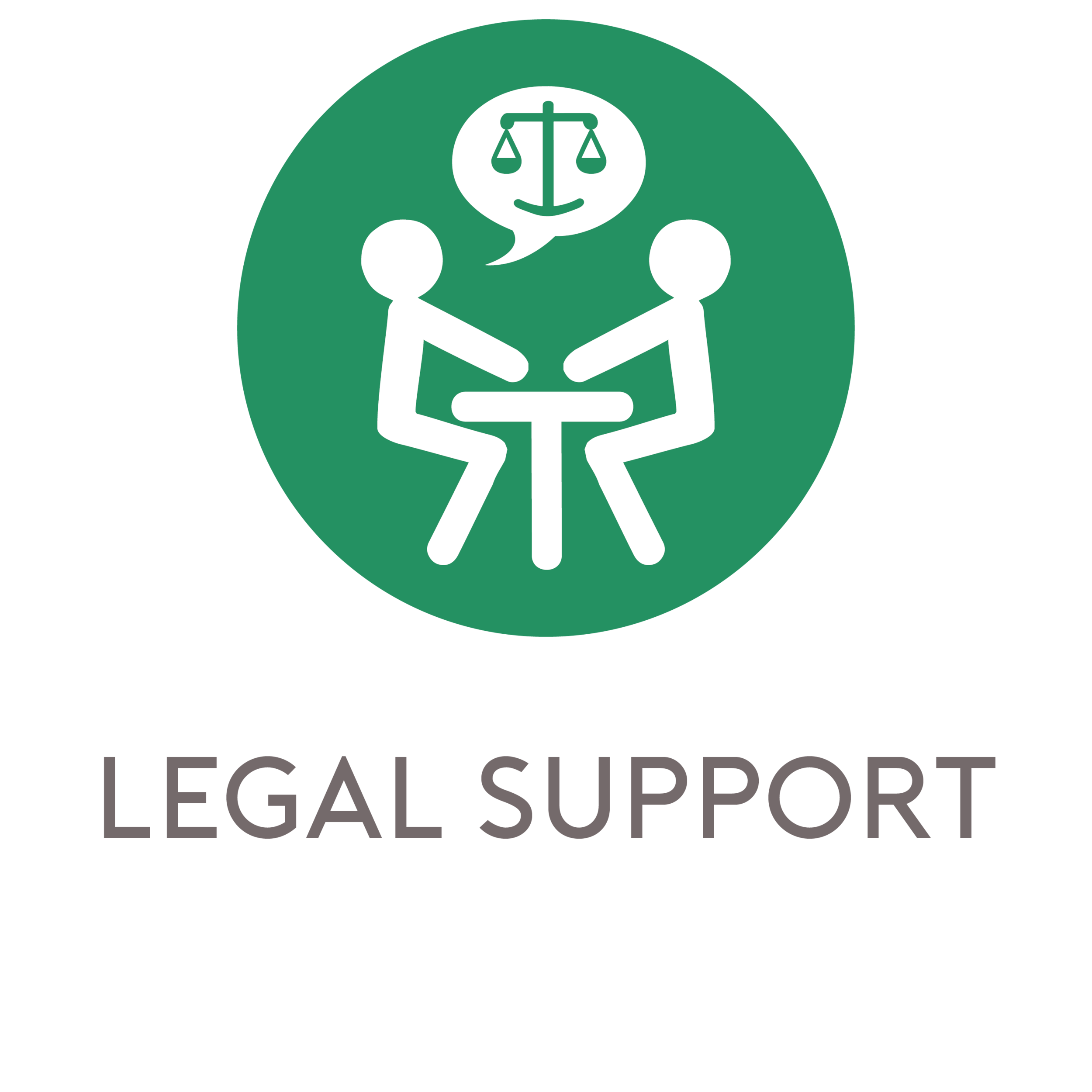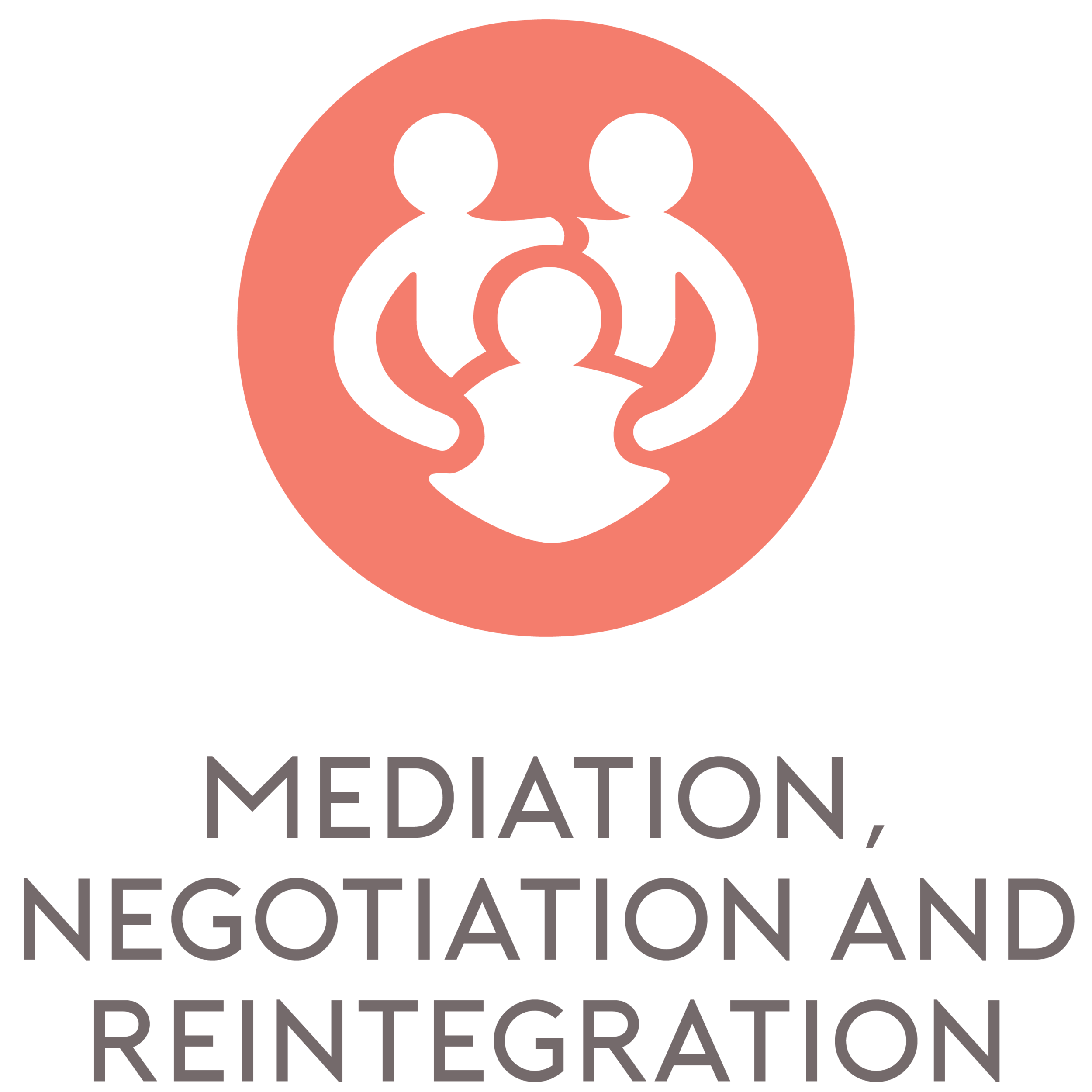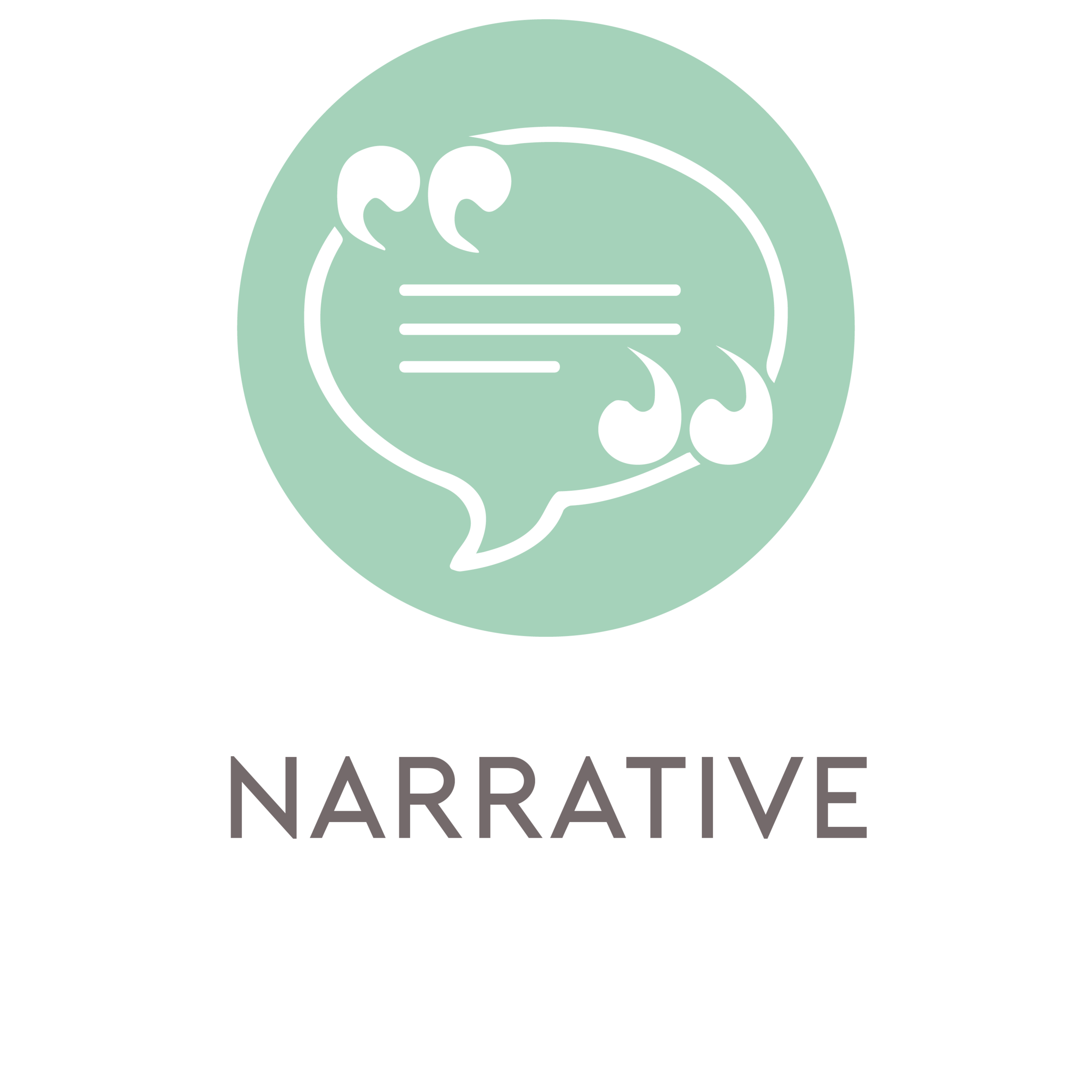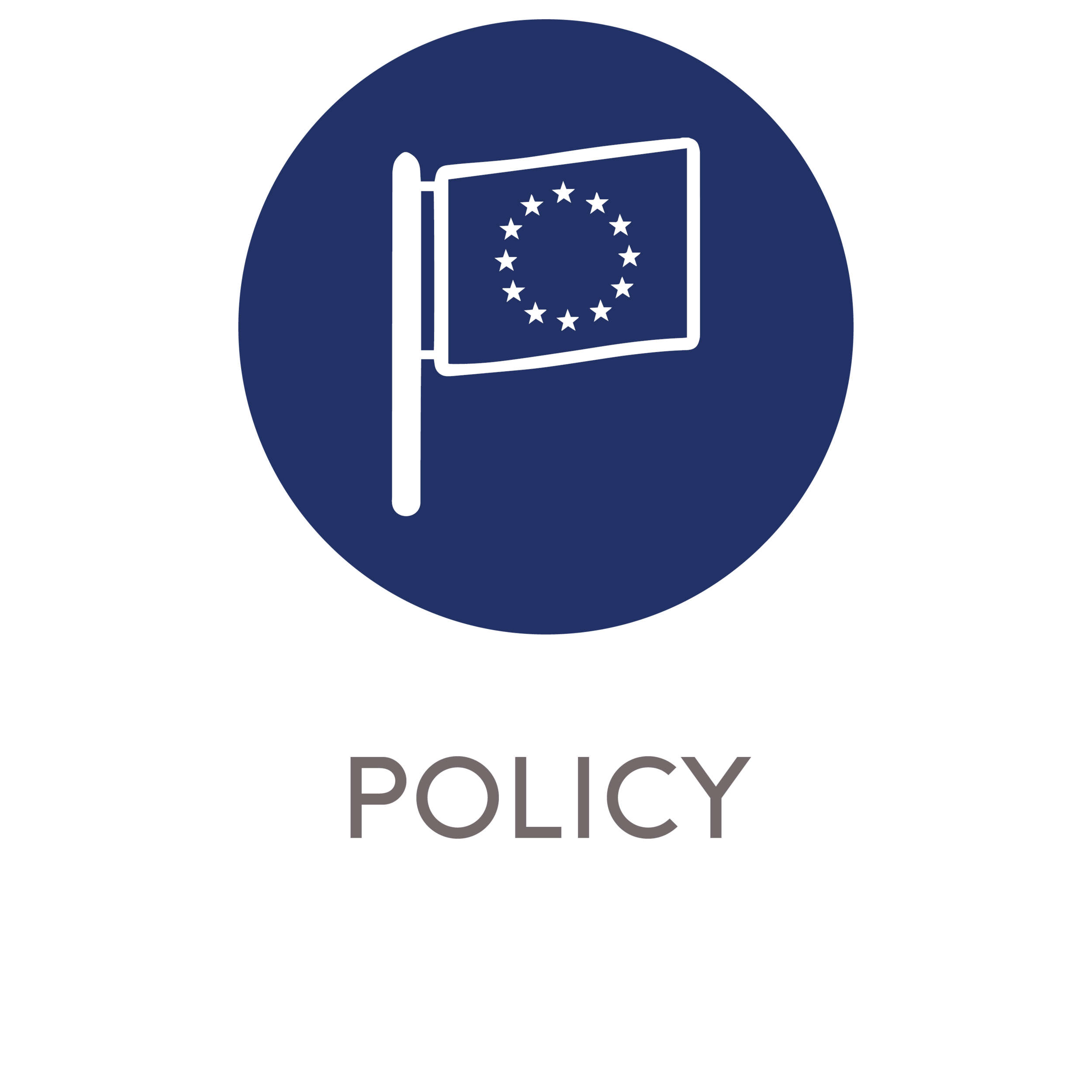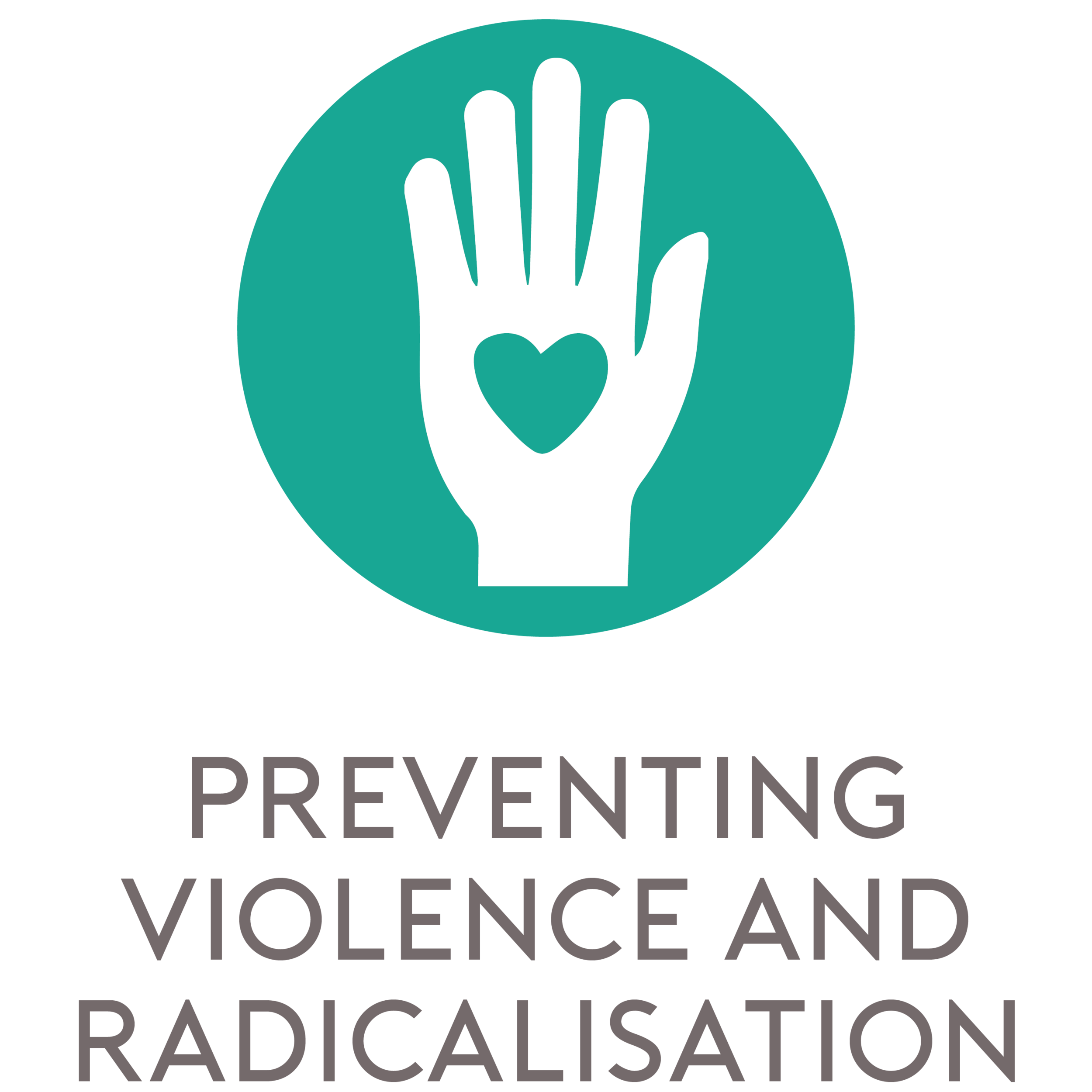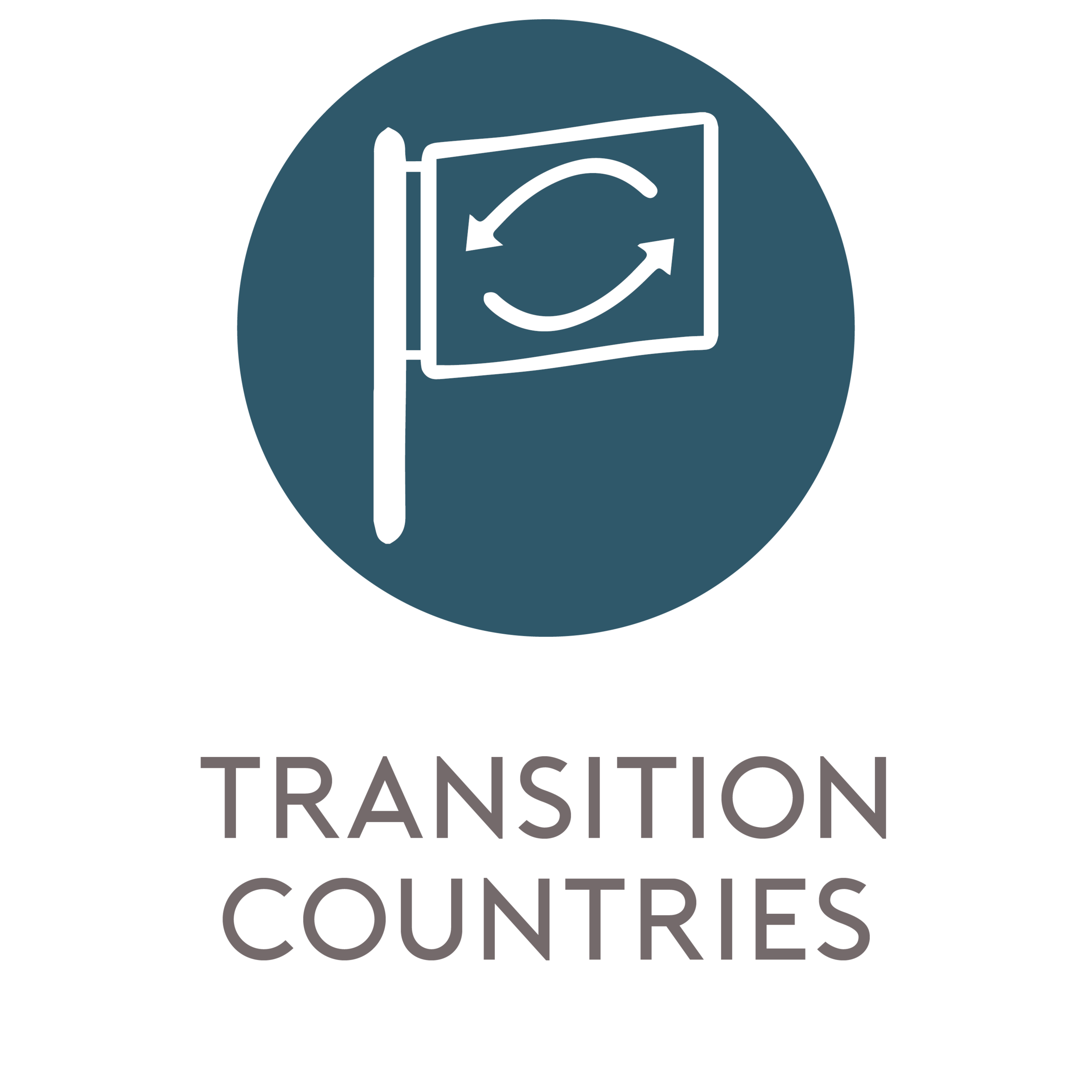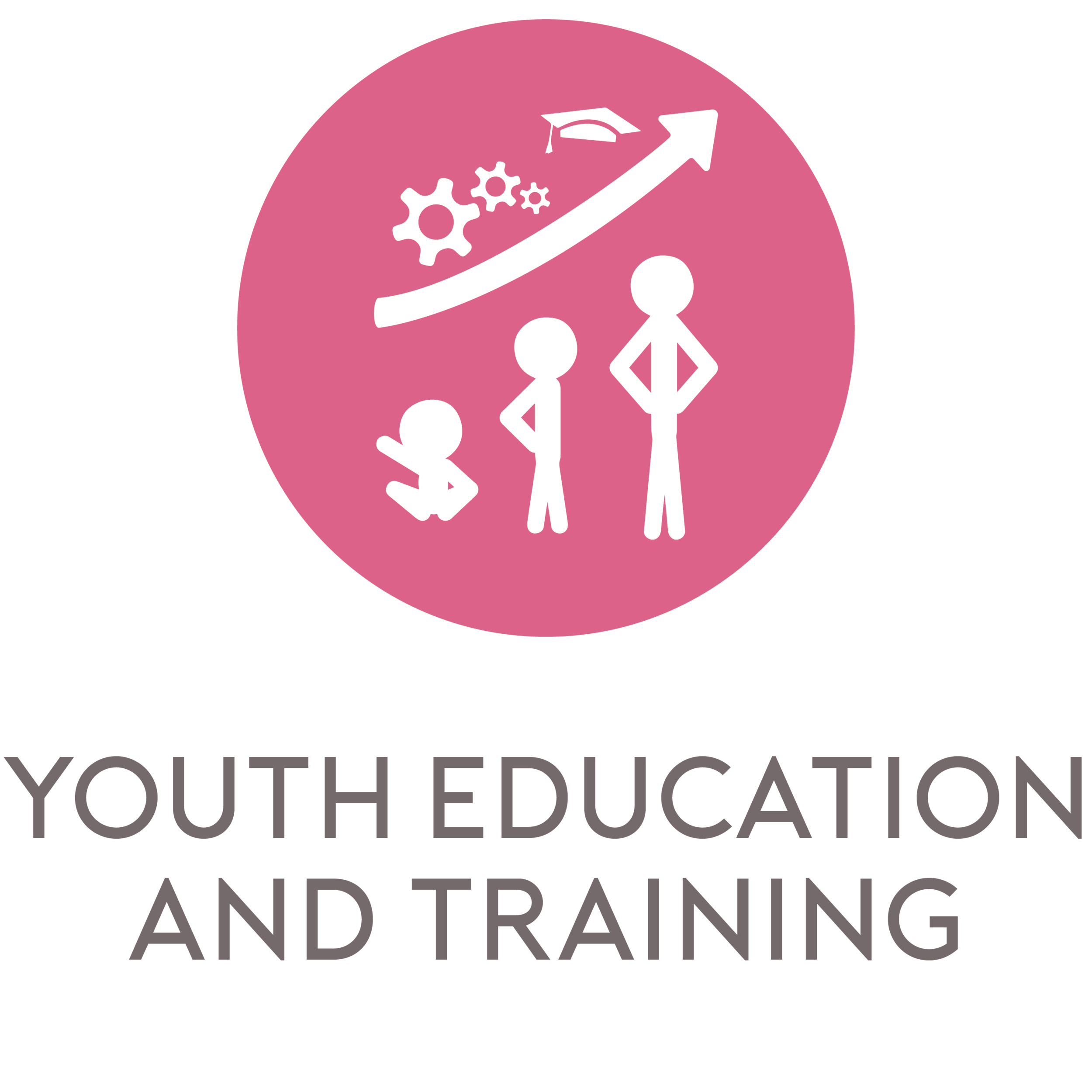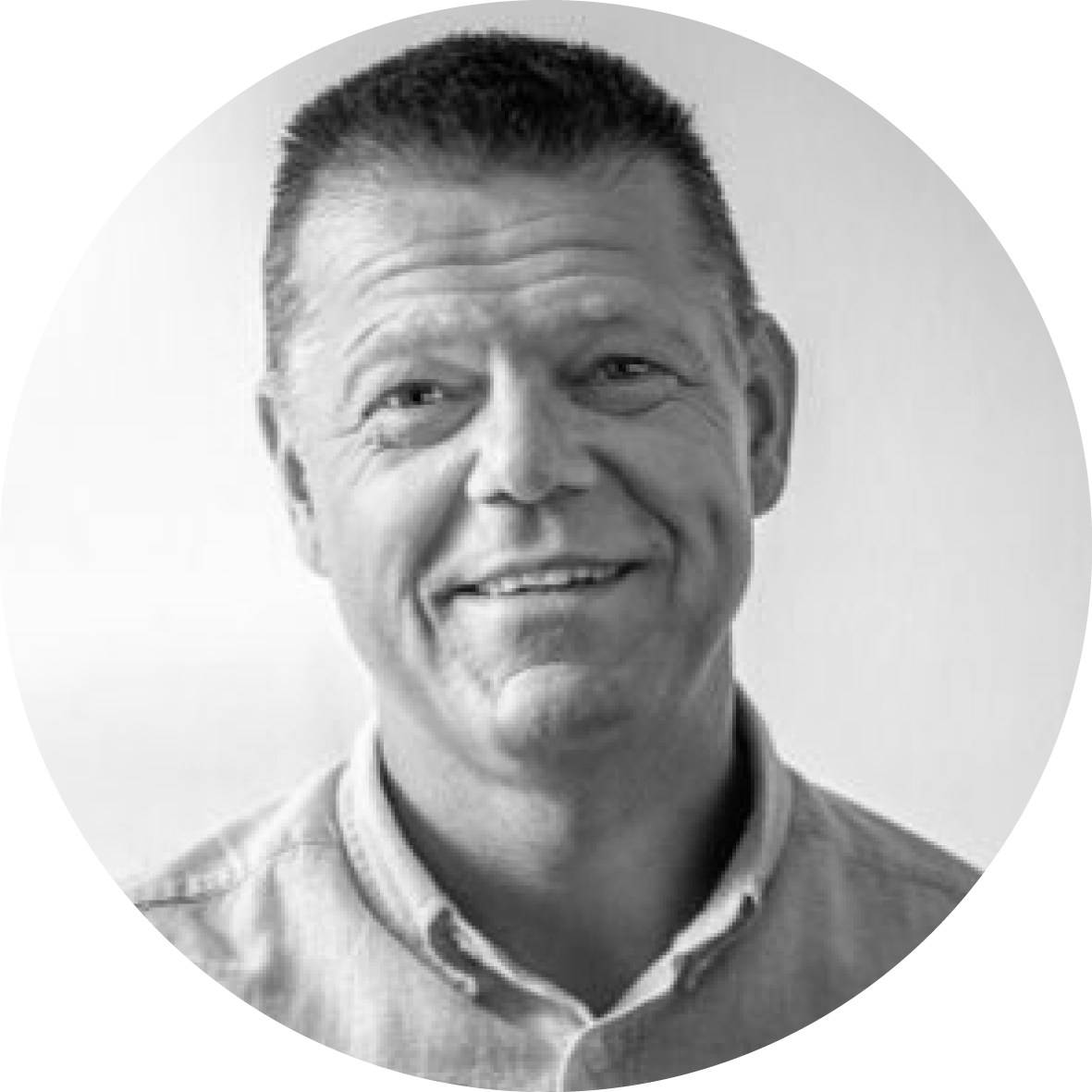+Portfolio of Solutions
―Policy
FORENINGEN NYDANSKER
Susie Skov Nørregård & Torben Møller-Hansen
The Problem
Going from being a refugee to becoming a skilled worker is difficult, especially because of extensive language requirements within the vocational training system. In 2025, Denmark will lack 80,000 persons needed with a vocational education. Drop-out rates in vocational education were 51% in 2017, and currently 170,000 youth are not employed or enrolled in education (every 7th person between 15 and 29 years). This adds up to public expenses required for this group being 12-15 billion Danish Crowns per year.
The Solution
Foreningen Nydansker believes that diversity is a resource and paves the way for newcomers on the labour market in Denmark. The programme offers courses and counselling, provides services for companies and municipalities who wish to employ newcomers, and creates a network of mentors and professionals. This network is available for newcomers, immigrants and young people.
The Impact
Foreningen Nydansker is actively working throughout Denmark in 52 municipalities. Over 100 private companies and public institutions are a part of the network that promotes diversity in the workplaces. In 2018, the project initiated +600 mentorship courses and 60% of its mentees found employment, an internship or a place in education after completing the mentorship.
“I have come so much further than I expected. Before I was suicidal and miserable every day. Now I can manage things like education and everyday life. I know that my mentor is there for me, she listens, and she is being supportive – and she does it without getting payed. Our relation seems more genuine because of that.”
Fundacon porCausa
Gonzalo Fanjul
Founded by Ashoka Fellow Gonzalo Fanjul
The Problem
Due to prominent narratives in political, media and public discourse, local populations are often ill-informed about migrants. The negative stigma against migrants arriving in a new country leads to a hostile and unwelcoming environment.
The Solution
PorCausa combines research with proposals for new narratives and a network of more than 170 journalists in Spain and worldwide. The project aims to change the way in which people are informed about social issues; it fights against the dissemination of false information; and it holds both the public and private sector accountable for decisions made accordingly. The foundation presents profiles involved in migration, as well as new arguments, data, and innovative narrative materials to influence the different audiences. PorCausa aims not just to grow, but to fight back against the lies about immigrants and refugees through providing quality and accurate information. Through these efforts, the organisation hopes to generate communities that are interested in a better world.
The Impact
PorCausa has been able to reach over 40 million individuals through its different projects and events. The organisation supports ten projects in the realm of migration and has raised positive awareness for this cause.
IPSO
Inge Missmahl
Founded by Ashoka Fellow Inge Missmahl
The Problem
Flight migrants often arrive in a new country after significant trauma. The extensive asylum procedures and practical and cultural difficulties in their new homes lead to re-traumatisation and stress.
The Solution
IPSO provides refugees with psychological and social counselling. Through a new methodology, which places high value on individual context and cultural background, IPSO provides support on a personal level without expected assimilation or adaptation from the migrant. The available e-care provides online video face-t0-face counselling for people in transit and those embarrassed or uncomfortable to seek help in person. Additionally, the programme has been training refugees themselves to become peer counsellors, providing immediate recognition and support to those with similar experiences, language and culture.
The Impact
IPSO was originally developed in Afghanistan in 2008, where it currently supports up to 50,000 people per year. Since then, it has been established in Haiti, Ukraine and Germany, where it provides psychological support to many people that suffer from trauma.
Migration Ventures (Upwardly Global)
Jane Leu
Founded by Ashoka Fellow Jane Leu
The Problem
In nearly every country with a large immigrant and refugee community, those who are college educated wind up unemployed or significantly underemployed upon arrival in a new country – doctors drive taxis, CEOs work in kitchens. There are few opportunities to work at the equivalent level and adapt professional skills to a new market. Skills are wasted and the lack of opportunity in the new country of residence makes adjustment, comfort and success more difficult.
The Solution
With Upwardly Global, Jane Leu is breaking down employment barriers and opening up professional career opportunities for skilled immigrants at leading companies, integrating them into the local workforce. Upwardly Global leverages employer partnerships that benefit from access to this breadth of talents. It provides customized training and support to give these new Europeans equal opportunities to find and secure skill-appropriate opportunities and achieve their full economic potential in Europe. The outcome is global talent for employers, culturally competent service providers for diverse communities, and family-sustaining incomes for those who were previously unemployed or underemployed.
The Impact
Upwardly Global’s services now reach thousands of underserved immigrants and refugees across the United States, who are increasingly being recognised as a valued community asset at city and state level. The programme is active in five metropolitan areas. 45% of refugees arriving in the USA have college degrees and Upwardly Global has placed 5,000+ from 169 countries into skilled jobs with an average income gain of $45,000. Through strategic partnerships, Upwardly Global is now scaling their model to other countries with large refugee and migrant populations.
“I feel loyalty to the country that accepted me and protected me, and I want to make life better for everyone by applying my skills. I am sure that a lot of immigrant job seekers feel the same.”
More Than Shelters
Daniel Kerber
Founded by Ashoka Fellow, Daniel Kerber
The Problem
Many people who flee conflict find themselves powerless in unsanitary and often dangerous refugee camps. A displaced person spends an average of twelve years in a refugee camp, originally designed to house people on the move for no more than a year. Current temporary living solutions for flight migrants are inadequate and unsustainable; the housing is often used for much longer than anticipated and does not serve the (long-term) needs of those arriving in the camps.
The Solution
More Than Shelters involves flight migrants in creating sustainable solutions and dignified spaces through ‘integrated humanitarian design’. The project works with flight migrants to transform shelters into places of opportunity, where they can plan the next, positive phase of their lives. This place of survival turns into a place of living, facilitating to individual needs, safety, security and privacy. More Than Shelters gives flight migrants the chance to actively shape their surroundings, through which they become empowered participants instead of passive victims. Projects are set up within three ‘innovation units’, which are the planning office, humanitarian innovation and products. Through these, the project develops camps and arrival centres based on contemporary urban design methods integrating the needs of the different stakeholders, it implements sector-changing innovations and develops technical innovations with refugee communities, NGOs and universities.
The Impact
More Than Shelters has worked with flight migrants in Jordan, Greece, Nepal and Germany. The project has produced innovations such as the DOMO Shelter System and a solar lamp in partnership with external organisations. Through innovation planning, the project has developed innovation incubators that promote the talents of its one million participants in Jordan, the MENA region, and Europe.
Right to Play
Jonathan Koss
The Problem
Refugee youth, just as their parents, are struggling with integration into the local population. Engagement with locals of the same age can be difficult and the lack of interaction can foster a disinterest in contributing to their new ‘home’ society.
The Solution
The Right to Play programmes support the social, emotional, cognitive and physical development of children. Its interventions focus on three main areas: enhancing qualitative education, transforming health practices and building peaceful communities. Sport and play sit at the core of all related project activities. Right to Play can turn a race into a lesson about mathematics, or a football match into a lesson on communication. The applied learning methodology can further integration and engagement of refugee youth through fun and interactive games intentionally designed to teach critical life lessons.
The Impact
The organisation engages with children in 20 countries around the world, mainly in Africa, the Middle East and Asia. Through over 16,000 trained coaches and teachers, Right to Play supports playful learning of over one million children and youth to create better futures and lasting social change.
Schlau-Schule
Michael Stenger
Founded by Ashoka Fellow Michael Stenger
The Problem
The right to asylum is a humanitarian cornerstone in Germany. Its implementation, however, reflects the way policymakers perceive asylum seekers and refugees: as costly threats to society. Under current law and bureaucracy, unaccompanied underage asylum seekers who are over 16 years of age are prevented from attending school, learning German and acquiring vocational skills. Such policies have led this group to become disempowered and, often, to confirm negative stereotypes by turning to drugs, crime and prostitution.
The Solution
Schlau-Schule recognises the systematic discrimination that underage asylum seekers experience and provides a chance for young refugees to access education and integrate into German society, whilst changing the negative public perception towards this group. Young refugees have diverse backgrounds but face a common struggle: a lack of German language skills and previous education. Founded in Munich, this solution addresses the shortfalls of the education system by structuring courses in line with those provided at state schools and by providing first-class student services, such as social-psychological aid and legal assistance.
The Impact
Schlau-Schule's students have an extraordinarily high success rate at the basic state school exam, which enables them to qualify for vocational studies and a professional career. By bringing these success stories to the attention of politicians, state welfare organizations and the wider public, Schlau-Schule is transforming the perception of young asylum seekers in the eyes of relevant stakeholders. Having successfully established Schlau schools in Munich with 145 students, Schlau-Schule is expanding throughout Bavaria, Germany’s largest state.
SISTERS IN BUSINESS
Sandra Tollefsen
The Problem
The employment rate for immigrant women in Norway is 49%. Due to various reasons, such as a lack of education, insufficient language skills and family circumstances, immigrant women have lower rates of participation in the labour market. Moreover, women (and men) with a migration background generally earn much less compared to native-born Norwegians, often as a result of the lack of education and training.
The Solution
Sisters in Business works towards creating jobs for immigrant women who are skilled in sewing and are not able to enter into the labour market for various reasons. The project’s model empowers immigrant women, helps them to find employment, expands their networks and, most importantly, strengthens their position in their local communities. It connects multiple sectors from private to public, including IKEA, municipalities, universities, volunteers and businesses.
The Impact
Through IKEA, Sisters in Business has established international ties for expansion, allowing the model to be replicated easily to increase its social impact.
STARTUP REFUGEES
Elisa Vepsalainen
The Problem
Refugees are unable to utilise their existing professional skills or educational backgrounds. Newcomers of working age end up wasting 3 to 6 years outside of the labour market and therefore on the outskirts of society, leading to passivity and loss of hope. Nordic countries are quickly losing the economic potential of newcomers, whilst labour shortage is growing in several fields and the lack of workforce is preventing the growth of companies.
The Solution
Startup Refugees seeks to find out the professional skills and experience of refugees and matches these with relevant local network members to create jobs and new businesses. Startup Refugees was founded in Finland and consists of 500 partners, including companies, government officials, NGOs, universities, congregations, research institutes, communities and individuals, that support newcomers to start businesses and enter the Finnish labour market.
The Impact
Startup Refugees mapped out over 2,300 refugees’ skillsets and professional goals in 11 Finnish cities. The results enabled them to provide employment and entrepreneurship support without causing difficulties for the staff in the reception centres of the Finnish Employment Agency. With the support of their network of over 500 companies, communities and individuals, they have offered 585 jobs, provided 3,500 opportunities in education and skills development (business workshops, courses, profession specific networking events etc.) and supported 60 newcomers to start their own businesses.
“It is not only a question of making a living, even though that’s important too. The job is a way for finding a place in a society, but also a big driver for self-respect.”
Welcoming International
David Lubell and Vanja Panti
Founded by Ashoka Fellow David Lubell
The Problem
The recent influx in migration has caused unease and fear amongst long-time residents in communities worldwide. These fears are exploited by right-wing movements and foster a strong anti-migrant sentiment and unwelcome environment, hindering the integration process. Incomplete local integration of newcomers, due to a lack of local, multi-sector planning for demographic change and failure to listen to newcomers for the development of local policies lead to a decline in community cohesion in towns and cities experiencing growth in their immigrant and refugee populations.
The Solution
Welcoming International helps local communities adjust to and understand the benefits of demographic change. The project focuses on host community engagement; an approach that reduces anxiety and increases empathy among long-term residents in communities experiencing rapid growth in migrant populations. The project helps communities go beyond the typical “seed-focused” approach, and direct significant attention to engaging the native-born population in those communities where refugees and other migrants settle.
The Impact
Welcoming International, established in 2009 (as Welcoming America), works in over 160 cities and towns across the United States, supporting non-profits and local governments to transform their communities into inclusive places that allow everyone to thrive. A network of non-profit and local government members – currently in 85 US communities and including the US White House – is provided with intensive support as they develop plans, programmes and policies to transform their communities. After finding significant success in the US, Welcoming International is now scaling their approach to other countries, amongst which New Zealand, Australia, Germany, Spain, Portugal, Sweden and the UK.
Solentra
Geertrui Serneels
Founded by Ashoka Fellow, Geertrui Serneels
The Problem
The 21st century has been identified as the ‘migration century’ due to the increased global movement of people. Since 2015, Europe has experienced a heavy influx of refugees and migrants after which many European cities have become ‘super-diverse’. Places are defined by the differences in ethnicity, religion and culture, but often migrants do not feel like local services – such as support with mental health – are available to them. Additionally, local services are not often equipped to understand and help cope with cultural differences and mental health issues related to migration and (lack of) integration.
The Solution
Solentra stands for solidarity and trauma. The organisation aims to transform the mental healthcare system by training professionals who work closely with refugees and applying its PACCT-Methodology (Psychiatry Assisting the Culturally diverse Community in creating healing Ties) of community-based and culturally sensitive psychology for refugees and other migrants. The method acknowledges the importance of equal and open dialogue. To ensure the support of children in different stages of integration, Solentra mobilises a community of actors involved in their lives. Its method removes cultural and language barriers to make mental healthcare accessible for migrants.
The Impact
Solentra has reached over 3,000 migrant and refugee children with its PACCT method. The method was awarded the 2016 Maselis prize for innovation and efficiency. It has been appointed one of the top 3 practices across the 27 EU member states by the International Organization for Migration (IOM). The organisation’s founder – Geertrui Serneels – has been invited by the Flemish Minister of Welfare to present the PACCT methodology as best practice of community-based approach in the youth sector.
The Good Lobby
Alberto Alemanno
Founded by Ashoka Fellow Alberto Alemanno
The Problem
Many people feel secluded from politics and powerless in the process of the policymaking. Despite European countries aspiring a democratic model, many people living within the EU are not allowed to vote on local issues or Europe-wide processes that affect them directly.
The Solution
The Good Lobby is a civic start-up committed to equalizing political power and influence in Europe and beyond. The project fosters bottom-up civic capacity via cross-societal forms of collaboration, such as through skill-sharing and skill-based workshops. The Good Lobby emerged from eLabEurope, which addressed the expanding crises in European citizenship, civil society and social movement. The organisation is devoted to popularising and democratising the various channels of participatory democracy both on a national and an EU level.
The Impact
Since its foundation in 2015, The Good Lobby has trained thousands of people and developed a community of over 10,000 people across numerous countries. Being the first organisation dedicated to popularising and democratising the different channels of democracy, it provides legal and strategic assistance to a continuously growing number of NGOs and a large network of European citizens.
Touché/RESCALED
Marjan Gryson
Founded by Ashoka Fellow, Marjan Gryson
The Problem
In Belgium, as most prisons in Europe, prisoners live in poor conditions: cells are overcrowded, infrastructure is dilapidated, and prisoners are mingled with more dangerous inmates or inmates who have psychiatric issues.
The Solution
Touché is a non-profit organization offering psychological support to all prisoners facing aggression issues. Based on solution-focused therapy, Marjan has developed an arsenal of tools in collaboration with diverse therapists - group sessions, individual therapy, family sessions and exercises. All of them have the same goal: help prisoners set positive goals and develop a specific plan for success outside of the prison walls.
The Impact
Using a method to re-channel aggression in inmates throughout the Belgium prison system, opportunities are created for inmates to set positive goals, chart a course for a more constructive life outside of prison, and reintegration into society as full citizens. Focusing on transforming destructive and debilitating anger into positive activities, Touché educates a wider public to empathy and creates the conditions for more successful reintegration in society and reduction in recidivism and violence.
The University of La Laguna / Juntos en la Misma Dirección
Vicente Manuel Zapata Hernandez
The Problem
The island of Tenerife has a population close to one million, which has diversified significantly in recent decades due to increased mobility of populations. 20% of the island’s residents were born abroad, which presents serious challenges for social coexistence and cohesion, particularly with its high rates of unemployment. Tourism is fundamental to the local economy and this is best fostered in a favourable social environment, in which cultural diversity is not a source of conflict.
The Solution
The University of La Laguna and the Cabildo de Tenerife promote an island management strategy for cultural diversity called Juntos en la Misma Dirección, or ‘Together in the same direction’. This strategy has been the source of a wide range of activities with an intercultural approach aimed at promoting social coexistence. This strategy began as a project promoting the participatory definition of an insular framework of intercultural coexistence called ‘Tenerife lives Diversity’, and its success has been validated by all the political formations that constitute the Plenary Session of the Cabildo from Tenerife.
The Impact
Juntos en la Misma Dirección has promoted more than a thousand activities from autonomous work of its working groups between 2009 and 2018. Approximately 8,000 people participated in these activities. This is the greatest mobilisation across the Canary Islands that faces the challenge of social coexistence in an increasingly multicultural territory. Its positive results are endorsed by the Intercultural City Index of the Council of Europe, whose leaders point out that it is “the most extraordinary example of an integrated approach to diversity management”.
Startup Migrants
Founded by Maria Amelie and Nicolai Strøm-Olsen
Problem:
Integration happens locally. It is here people build networks and gets employed, but most companies also get founded locally. Migrant founders are an important driving force of Europe's economy. However, they struggle with language, bureaucracy, limited network and capital.
Municipalities are crucial in unleashing the potential within migrants. They also need migrants to keep cities innovative and profitable. Unfortunately, there is almost no systemic mapping of innovation and inclusion policies in the Northern Europe.
As a result it is challenging for cities and social entrepreneurs to
learn from each other. Municipalities lack data to take the most effective and responsible decisions for their population. They miss out on new jobs and tax revenue because they don't exchange best practice
Solution:
We are developing an online software as a service tool for employees in municipalities, organizations, social entrepreneurs and businesses in Europe.
On this platform we gather open-source data on the most effective actions for inclusion and economic growth in Europe.
Municipalities can use this data to:
take informed decisions for short-term and longt erm
impact
increase labour participation
attract skilled labour
enable and foster migrant entrepreneurship
get in touch with best practice social entrepreneurs operating in other muncipalites.
This interactive tool will help to accelerate the exchange of data and best practice for inclusion and economic growth.


